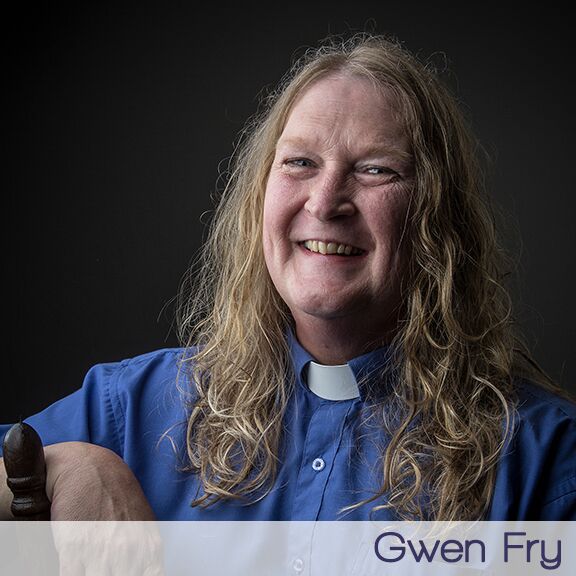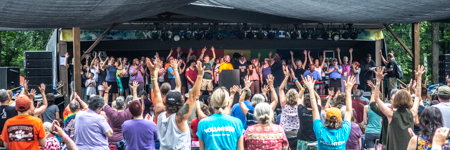
A New Year! It’s a time to reflect and reset, to close the mental door (as much as possible) on struggles from the year before; to refresh, planning for better days ahead, and to celebrate – excited about what the New Year could bring. We gather with friends, we break bread together, we put on good music and we dance.
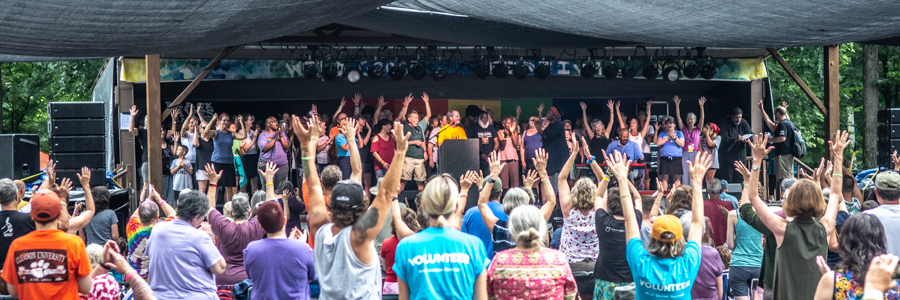
As I joined with friends around a bonfire to celebrate the hope for a better next year, someone said, “a good fire feeds our souls.” Oh man. Yes, it does. And it made me think about the next New Year – my personal real New Year which happens six months from now – Wild Goose Festival.
For many of us, Wild Goose Festival is that good fire, a refresher of things that really matter; a cup running over, powered by freshly charged spirit-filled batteries. It’s a celebration of how far we’ve come and where we believe we can go. A wonderful opportunity to gather with friends, eat, drink, discuss, laugh, listen to good music and speakers, and dance.
A Wild Goose friend echoed the thoughts of many when he said he was worn out from the struggle of being in the world and couldn’t wait to get to the Goose. For him it was breathing fresh air after 12 months of sifting through polluted input. An empty tank being filled. The beginning of a new spiritual year. Maybe that’s what William Barber meant when he called Wild Goose Festival “a watering hole for tired saints.”
Wild Goose Festival speaks to the inner needs of our souls, providing that good fire. Art, in so many expressions, is everywhere – and much of it is created real-time, right before our eyes, including paintings, pottery, songs and tattoos!
A display of tattoo prints along with their stories – stories of struggle, courage, triumph and love – is one of my Wild Goose favorites. I really like county music singer Ty Herndon’s tattoo, Journey On. I remember his rise to success and I remember the backlash when he came out in 2014 at the age of 52. His tattoo represents the determination to move forward and be true to who you were meant to be – to love and be loved authentically. That’s a core Wild Goose message.
Music is a huge part of the festival as well, and can be experienced by dancing the night away at Silent Disco, or by singing at the top of your lungs at Beer and Hymns each night, or simply by taking in the wonderful musicians and singers that the festival brings in. I was over the moon when it was announced that Amy Grant would be there in 2018. Of course Amy performed, and she also spoke and she also served in our closing communion. And she camped and hung out with us for the weekend – that’s just one of those Wild Goose things.
Co-creators, well known and unknown, (some places might call them “speakers” but not Wild Goose), are everywhere, on level-ground with everyone else, are hosting conversations, participating in panels, discussing their books, and working on their projects.
I participate in the Mama Bear Den, a group of Mamas of LGBTQ kids who fully affirm their orientation, knowing that it’s simply part of how they were created and has nothing to do with their ability to practice faith, Christian or otherwise. We’re keenly aware that not all parents have responded this way and we’re there to fill in the gap with snacks, cool water, listening ears, and hugs. So many hugs!
Wild Goose Festival is not a crafty little Christmas in July show. It’s a no holds barred, get in the trenches with likeminded (or maybe not) fellow human beings event, where together we reset, refresh, and explore how we can do it better, around a bonfire that is the festival itself, for the start of our Spiritual New Year. We come together to leave behind and let go of what hasn’t been working, what hasn’t gone well, and together we look forward to what can be better.
Christian Piatt describes it in Sojourners: “it’s a sort of annual jubilee, one in which we cast off our denominational and other distinguishing identities, flattening out the architecture of hierarchy and privilege, in order to stand, shoulder to shoulder, on holy, common ground.”
Wild Goose Festival is throwing a party in July 2020 and everyone is invited! Come and gather around the fire that lights our spirits – the fire that warms us through the art created, the topics discussed, and the wholeness experienced simply by the coming together of people who want to do better and be better. It will be a really good fire, and I can’t wait to see you there!
Robin B. Schuster
Robin is a writer and 3 year Wild Goose Festival attendee; a member of Serendipitydodah – Home of the Mama Bears and host of the 2020 Mama Bear Den at Wild Goose Festival. She lives in North Florida and is the founder of Createthelove.org (coming soon!)
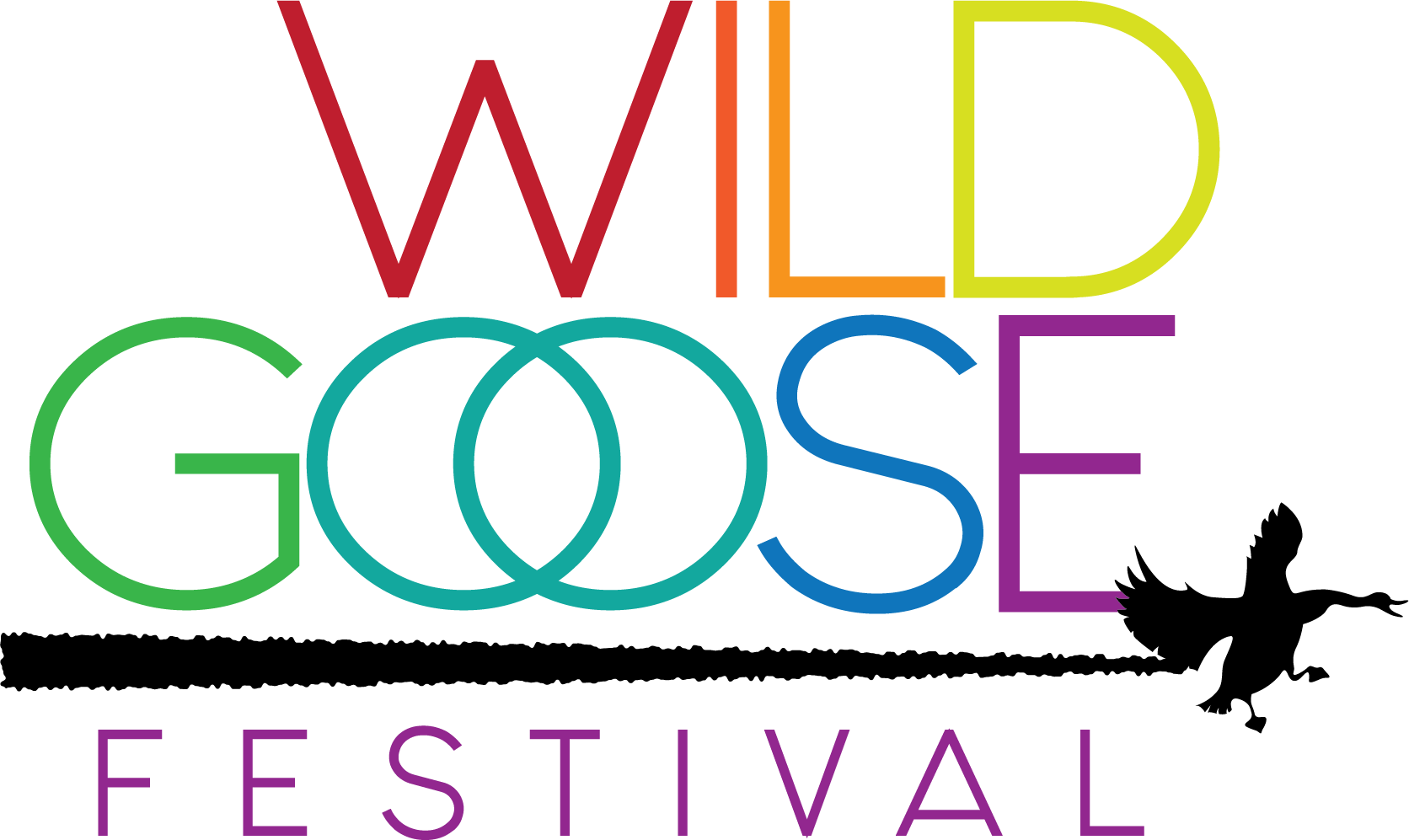
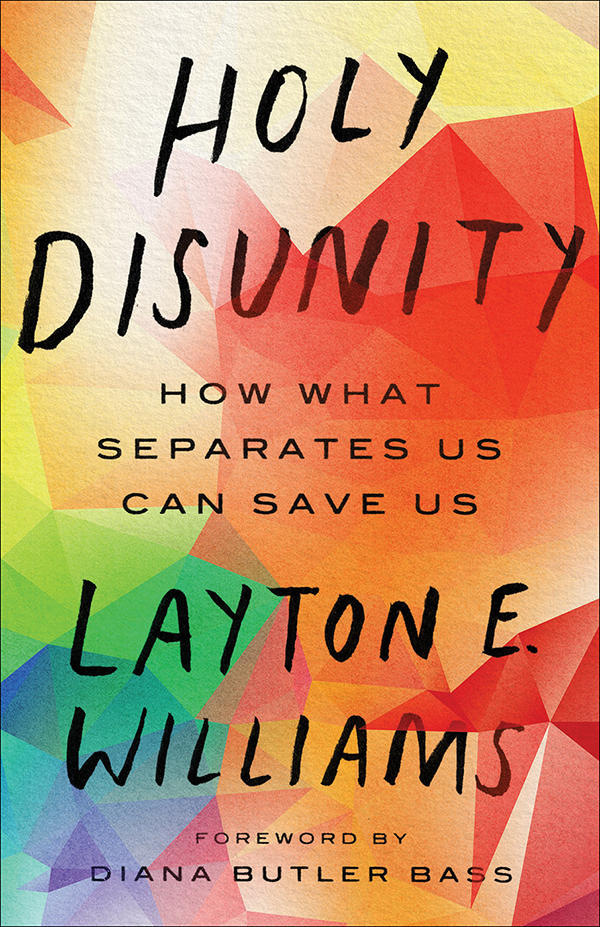 When the week ended, I hugged my progressive Christian friends goodbye and drove through the winding mountain highways of Virginia and North Carolina back down to the marshy waterways of low country South Carolina—a home where almost no one I know and love shares my set of political, theological, and ideological beliefs. Some disagree with my queerness; others disagree with my perspective on the current administration and its policies; and still others disagree with my convictions about our primary calling as Christians to love and seek justice. To my D.C. friends it must seem strange that I chose to leave behind my life of daily justice work and protests in favor of returning to a region that isn’t exactly known for its commitment to rapid progress. Yet this is the place God called me to return to, as minister and truthteller, to do my part in the hard and unending work of putting this broken world back together.
When the week ended, I hugged my progressive Christian friends goodbye and drove through the winding mountain highways of Virginia and North Carolina back down to the marshy waterways of low country South Carolina—a home where almost no one I know and love shares my set of political, theological, and ideological beliefs. Some disagree with my queerness; others disagree with my perspective on the current administration and its policies; and still others disagree with my convictions about our primary calling as Christians to love and seek justice. To my D.C. friends it must seem strange that I chose to leave behind my life of daily justice work and protests in favor of returning to a region that isn’t exactly known for its commitment to rapid progress. Yet this is the place God called me to return to, as minister and truthteller, to do my part in the hard and unending work of putting this broken world back together.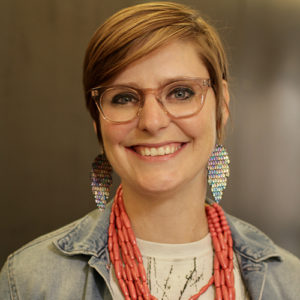

 Grounded – and yet gaining ground – all at once. Anchored, and yet in full exploration mode – that’s
Grounded – and yet gaining ground – all at once. Anchored, and yet in full exploration mode – that’s 
 Rev. Barber and testifiers from the
Rev. Barber and testifiers from the 





 Yes, you got it, we open with OM3 and we close with Bishop Flunder, and Nadia, and Tony, and Pete, and Beth – and more and more to come!
Yes, you got it, we open with OM3 and we close with Bishop Flunder, and Nadia, and Tony, and Pete, and Beth – and more and more to come!
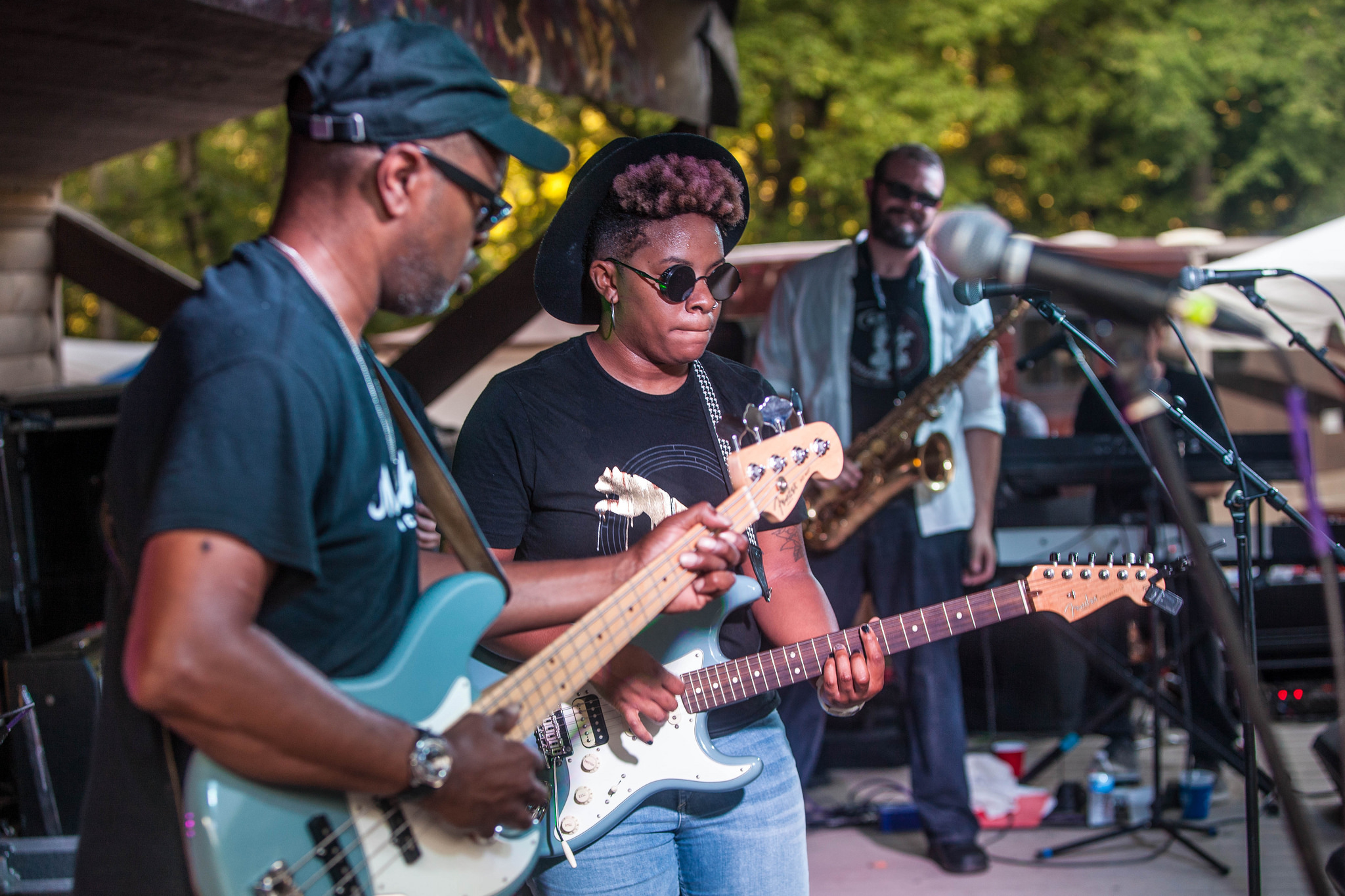
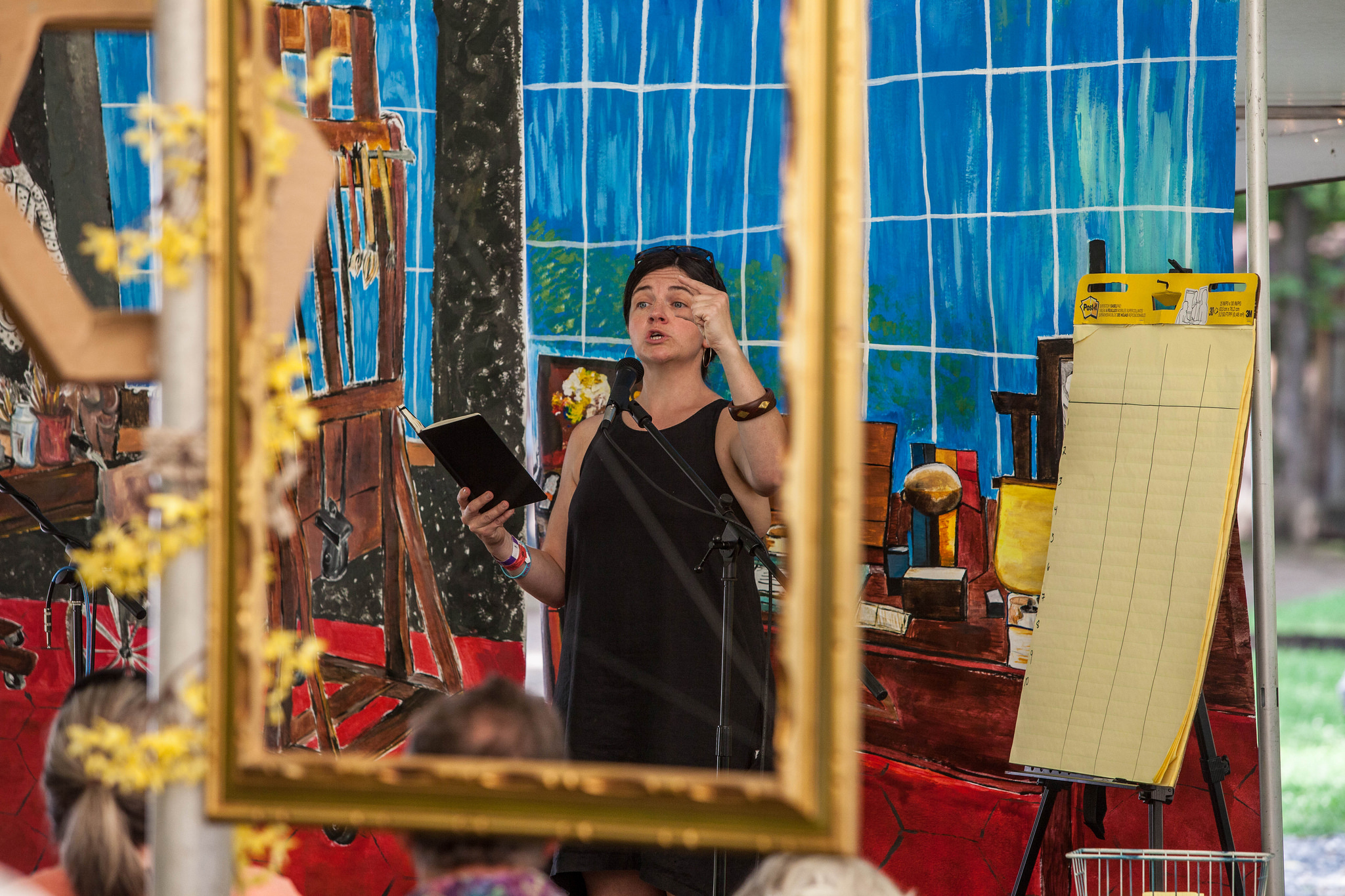
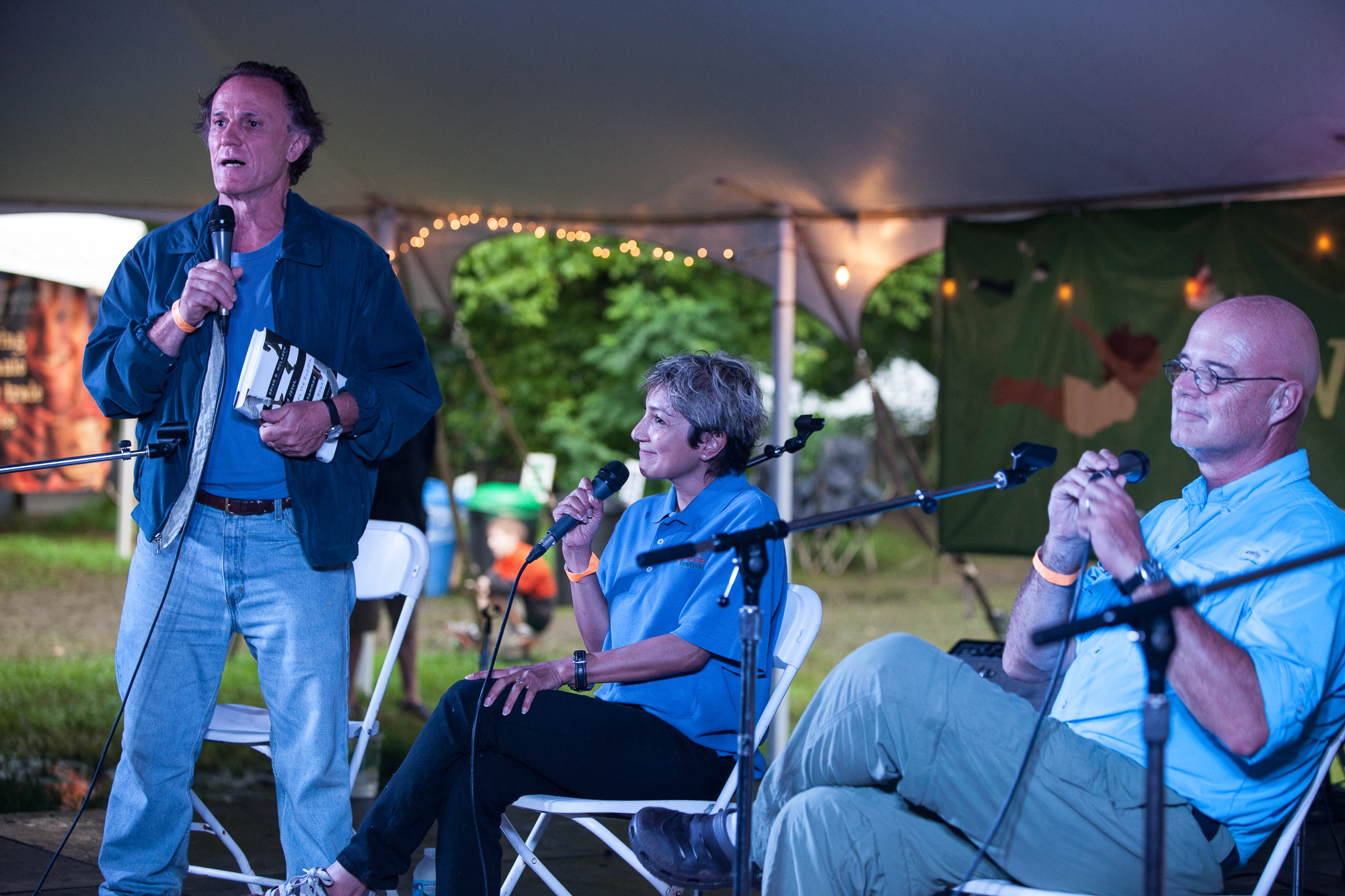





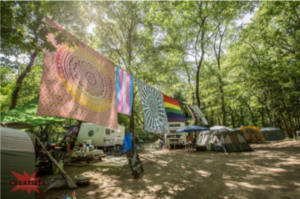
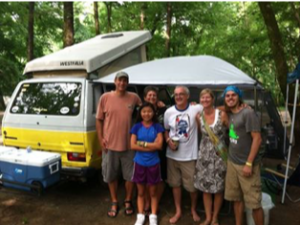






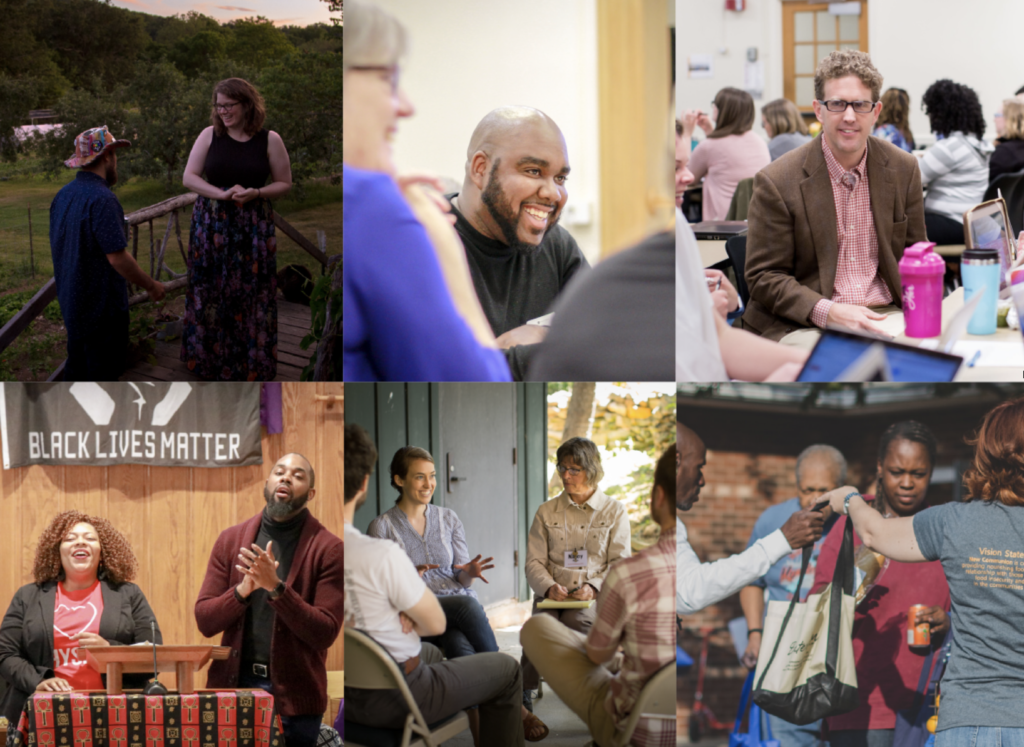

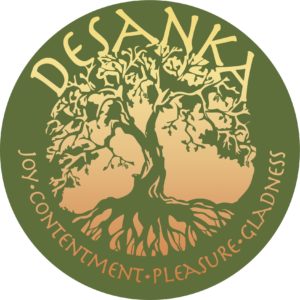


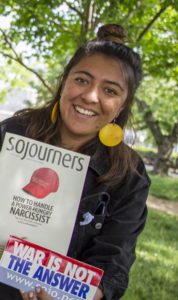









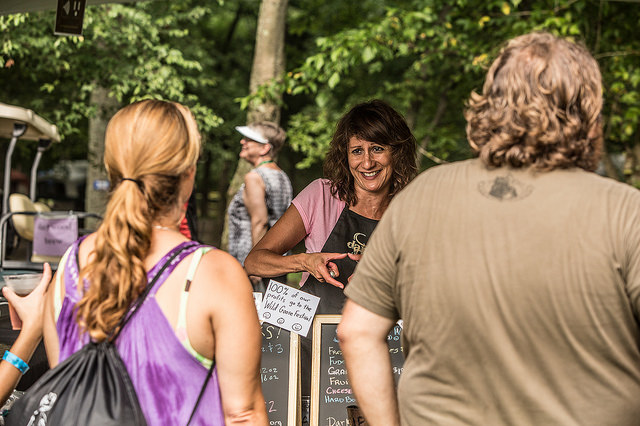
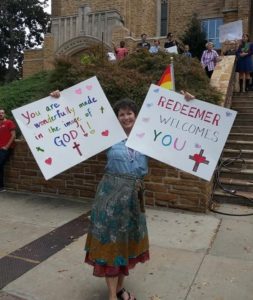


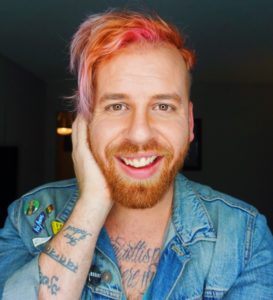















 Dear Members of the Wild Goose Flock –
Dear Members of the Wild Goose Flock –

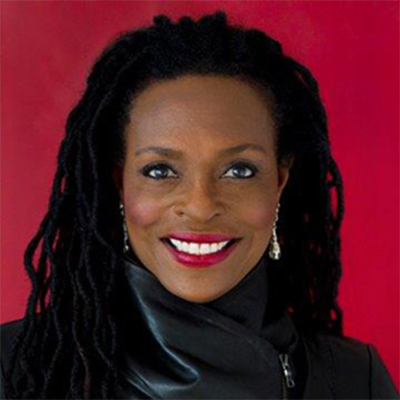
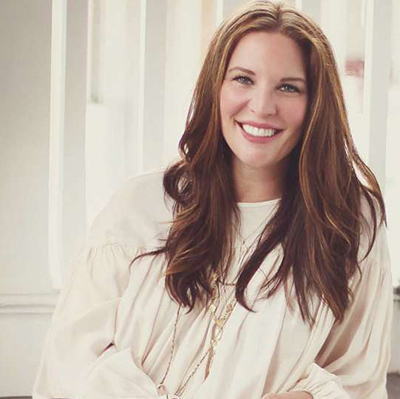
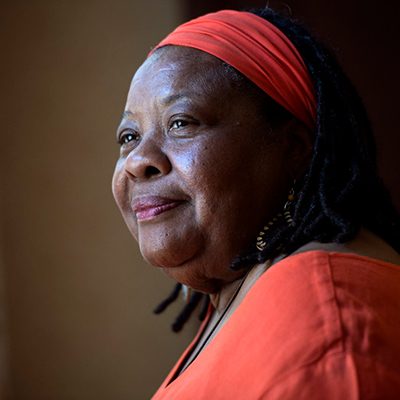
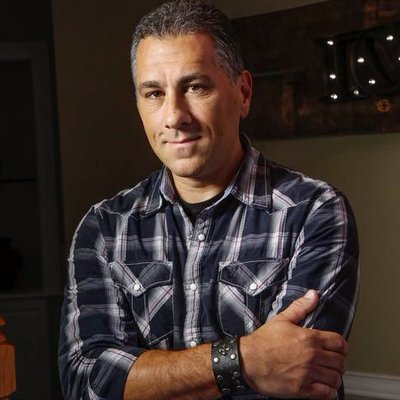

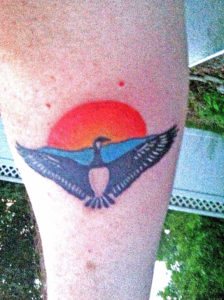


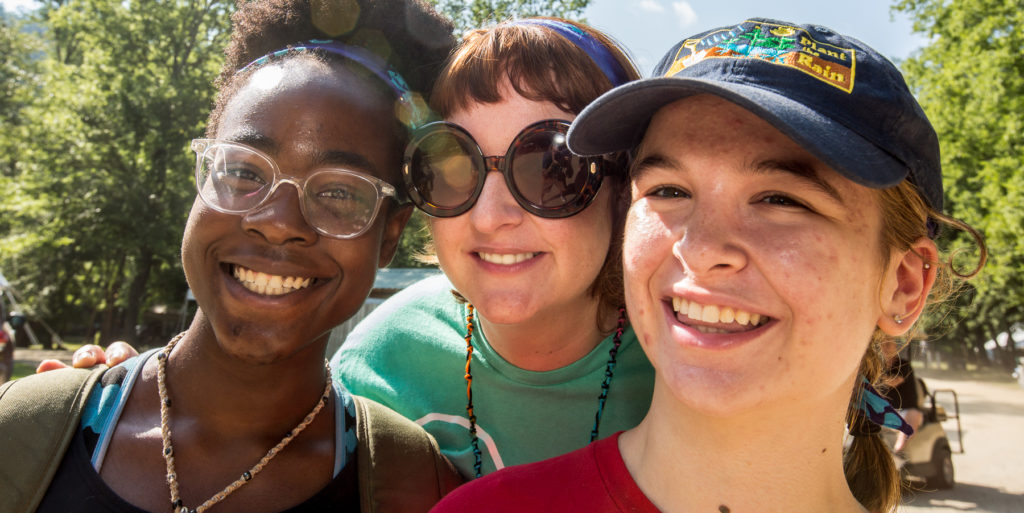 Some reviews from teens who attended last year’s festival
Some reviews from teens who attended last year’s festival



